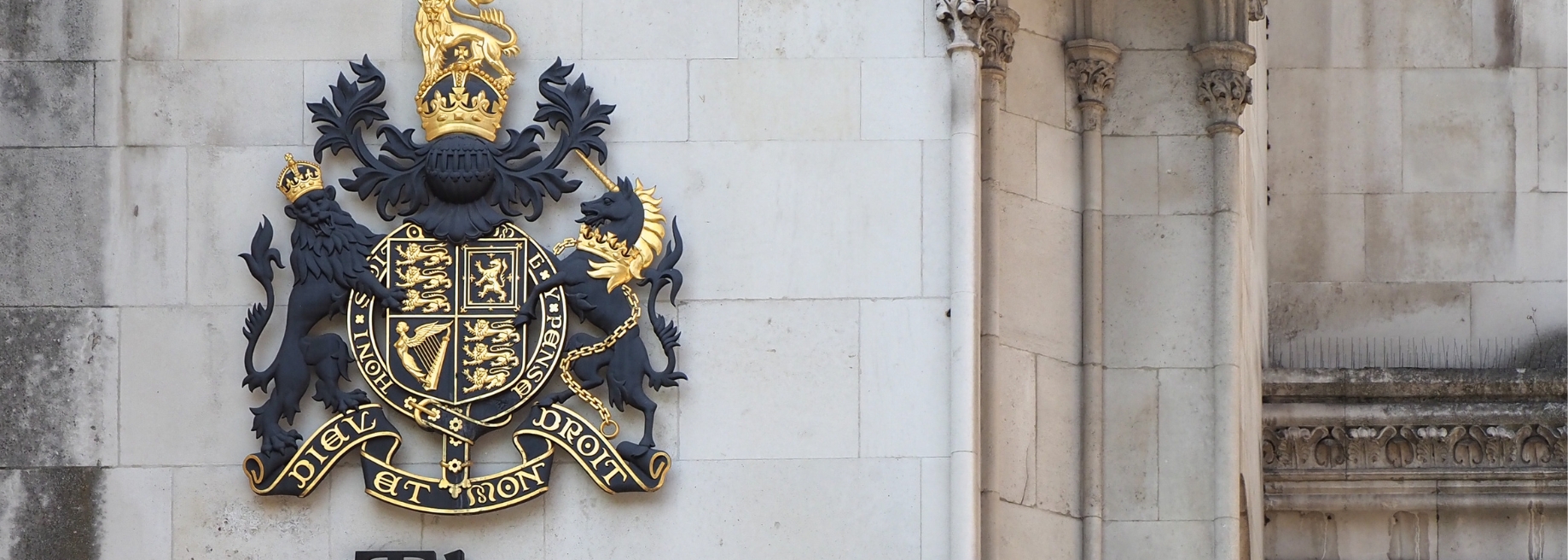
UK ranked 2nd of 7 countries surveyed for trust in the Rule of Law
Published on 14/05/25
International Ipsos study by legal insurer ARAG
The UK ranked second out of seven countries, behind only Norway, for popular trust in the rule of law, according to an international study conducted by the market research organisation Ipsos, on behalf of the global legal protection insurer ARAG. Among the six European nations surveyed (Norway, UK, Netherlands, Germany, Spain and Italy) there is a clear north-south divide, with trust highest in Norway and much lower in Spain and Italy.
While the proportion of those who could not give an opinion on rating legal insurance was unsurprisingly highest (52 per cent) in the UK where awareness of products is lower because they are sold as an add-on, of those who could offer an opinion, 71 per cent rated it as ‘good’ or ‘very good’.
The study, which was conducted for the first time, shows that the vast majority of people in Norway have confidence in their constitutional state. 81 per cent of them stated that they have a great deal or some trust. This is followed by the United Kingdom (74 per cent), the USA (71 per cent) the Netherlands (64 per cent) and Germany where 62 per cent of respondents stated that they had a correspondingly high level of trust in the rule of law. The two southern European countries of Spain (49 per cent) and Italy (43 per cent) had the lowest levels of trust.
In the detailed questions, the Dutch generally painted the most positive picture of their constitutional state. For example, 77 per cent of them believed that their state protects their fundamental rights, followed by the USA (72 per cent), Germany (70 per cent), Norway (69 per cent) and the United Kingdom (68 per cent). By contrast, only 57 per cent of respondents in Spain and half of the participants in Italy are convinced of this. 68 per cent of people in the Netherlands feel they are in good hands in their country’s courts, followed by Norwegians, Germans and the British. In the USA, the figure is just over half. Italy also has the lowest figure here, at 36 per cent.
When it comes to the assessment of whether all citizens are equal before the law, the Netherlands has the highest approval rating at 72 per cent. In contrast, only 37 per cent of Italians and 34 per cent of Spaniards are convinced of equal treatment. In Germany, Norway, the United Kingdom and the USA, slightly more than half of respondents are convinced of legal equality.
Are judges in my country unbiased? 69 per cent of Dutch and 61 per cent of Germans are convinced of this. Norway and the United Kingdom are in third and fourth places. Respondents in Italy (38 per cent), the USA (37 per cent) and Spain (33 per cent) least believe in the impartiality of their judges.
The study also shows that, across all countries, fewer than half of those surveyed believe that they can resolve their legal problems quickly in court. The Dutch were the most likely to think this, at 46 per cent. The United Kingdom, Norway, the USA, and Germany are between 39 per cent and 34 per cent, while Spain and Italy are at 22 per cent and 21 per cent, respectively.
Dealing with legal problems and contact points
The study also examined how people in the respective countries deal with legal problems. Across all respondents, more than one in four had been involved in legal proceedings in the past ten years. People in the Netherlands turn first to their legal insurer (48 per cent) when they have legal problems, followed by family members, friends or acquaintances (41 per cent) and then organizations such as consumer associations and trade unions (37 per cent).
In Germany, most respondents turn to a lawyer (57 per cent). The second most important point of contact for Germans is the legal insurer (37 per cent), followed by organisations such as consumer associations/trade unions (32 per cent) and family/friends/acquaintances (30 per cent). In all other countries, the first point of contact for legal problems after lawyers is family/friends/acquaintances or organizations – legal insurers come second.
Almost one in four respondents also admitted to having dropped a legal dispute at least once, despite feeling they were in the right, because they did not want to go to court. The main reasons cited were high costs (especially for lawyers), stress and emotional burden, and the perception that the costs of legal action outweighed the potential benefits. “This is where legal insurers can provide crucial support by covering the high financial costs of legal and court proceedings. Helpful services such as mediation also help to reduce the stress and emotional strain associated with legal disputes,” emphasises Dr. Renko Dirksen, Speaker of the Board of Management of ARAG SE.
The study also examined how respondents rate legal insurance in general. 64 per cent of Germans rated it as “very good” or “good”, putting them in first place ahead of the Netherlands with 52 per cent. Followed by the USA (38 per cent), Norway (37 per cent), the United Kingdom (34 per cent), Spain (32 per cent) and Italy (29 per cent). Three quarters of the Dutch and Germans rate legal insurance as a particularly helpful means of facilitating access to justice. In the other countries, the figure is around half.
Details of the study
The study on trust in the rule of law was commissioned by ARAG SE in Düsseldorf, the world’s largest legal insurer. The online survey was conducted by the market research institute Ipsos in Hamburg in 2024. A total of 7,486 people from seven countries took part in the representative survey - Germany, the Netherlands, Spain, Italy, Norway, the United Kingdom, and the USA.
Disclaimer - all information in this article was correct at time of publishing.

